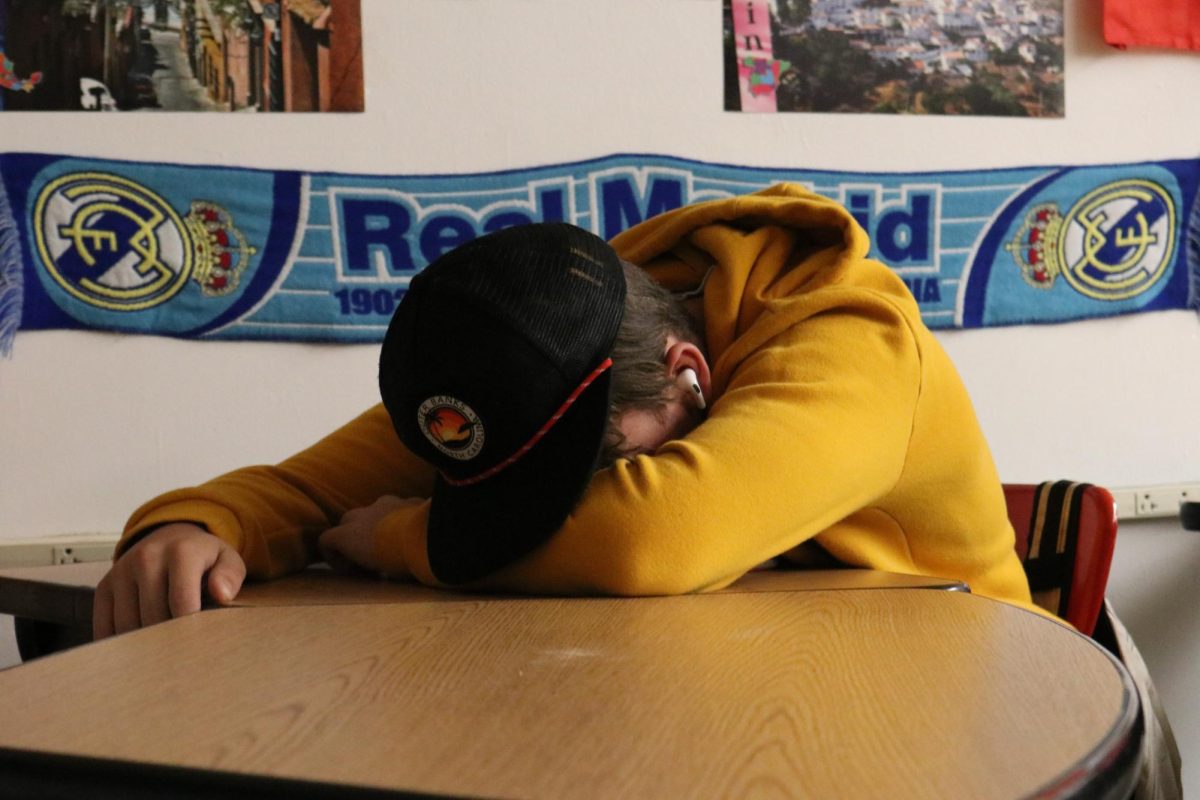Phone usage at night is one of the most prominent causes of lack of sleep in high school students, especially the usage of social media. Scrolling on Instagram or TikTok is one of the most soothing things to do after finishing all of today’s tasks, but after being pulled in, track of time is lost, and suddenly 20 minutes can turn into two hours.
According to the Center for Disease Control and Prevention (CDC), lack of sleep affects students in a numerous amount of ways. Some of those being “a higher risk for many health problems, including obesity, type 2 diabetes, poor mental health, and injuries. They are also more likely to have attention and behavior problems, which can contribute to poor academic performance in school.” It has been studied that eight to 10 hours of sleep per night is healthy for a teenager. A sample was taken by the CDC in 2015 by both the national and state Youth Risk Behavior Surveys that showed that approximately 72.7% of students in grades nine through 12 get less than the recommended amount of sleep per night.
For junior Harmony Martin, staying up on social media late at night also affects how she feels in the following morning,
“If I stay up later than usual on social media, in the morning I will often feel tired and not want to get up for school,” Martin said.
That often is the same for most students, when they feel themselves getting a lack of sleep at night they often do not feel like the best versions of themselves that following morning as well as in school.
The usage of social media at night from students also affects their performance on their school work. Most students end up keeping their phones directly next to them while doing their homework. For most students, that’s when the chain starts. They get one notification and immediately open their phone to see what it was. After that they end up opening more and more apps, leading to hours and hours of social media usage.
The same issue happens in sophmore Farisa Robert’s life. “Usually I do homework in bed with my phone right next to me, and anytime I get any notification, I go on there and check it, which usually leads me to open other apps, and then I just get off track from there,” Roberts said.
Although the lack of sleep affects students in numerous ways, most students are still capable of getting up in the morning to head to another day of school. Social media usages are the most prominent reasons for the lack of sleep, so regulating one’s sleep schedule is a heavy must. For students, the tunnel of the media is a heavy hole, and it is something that is not always a good thing, especially regarding school.



